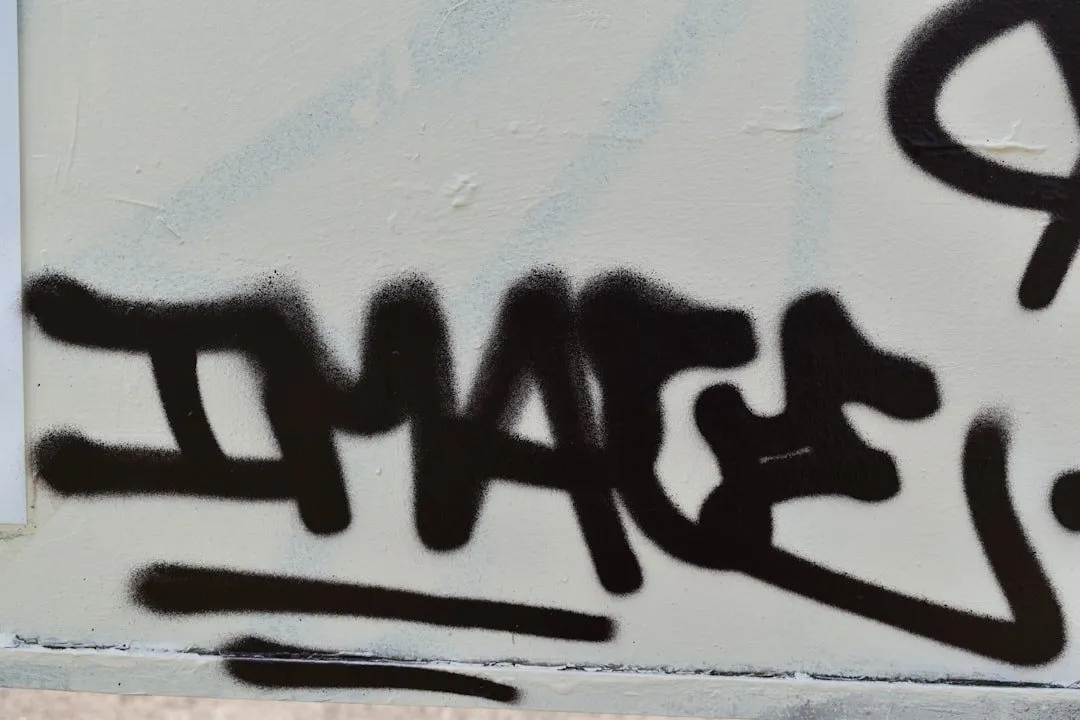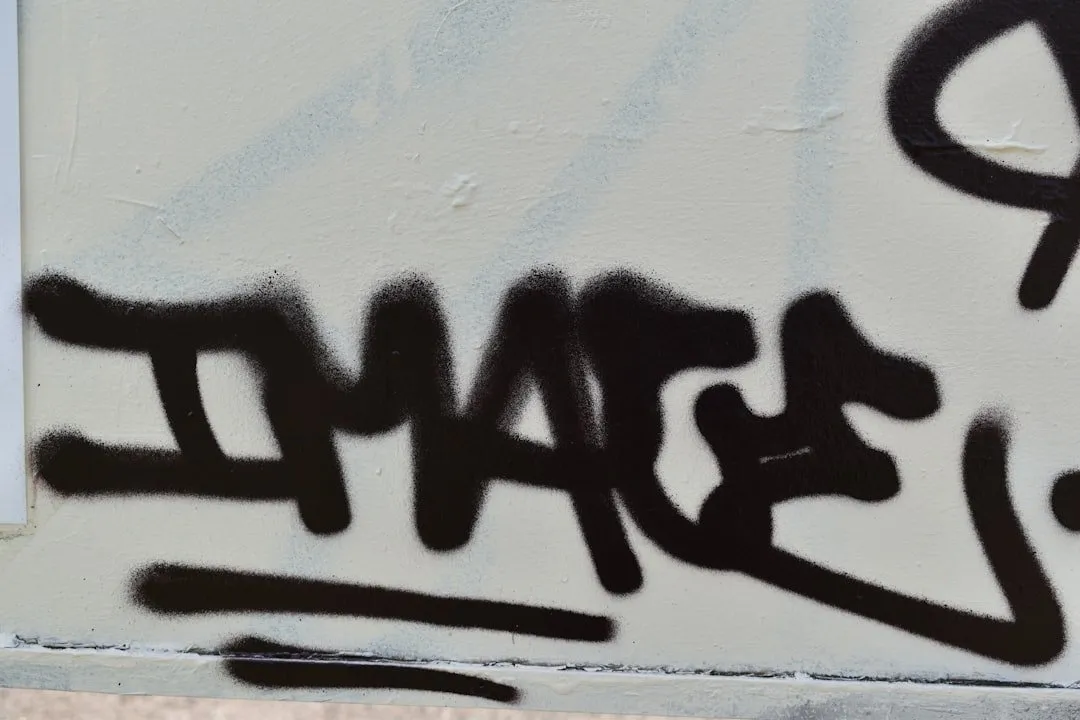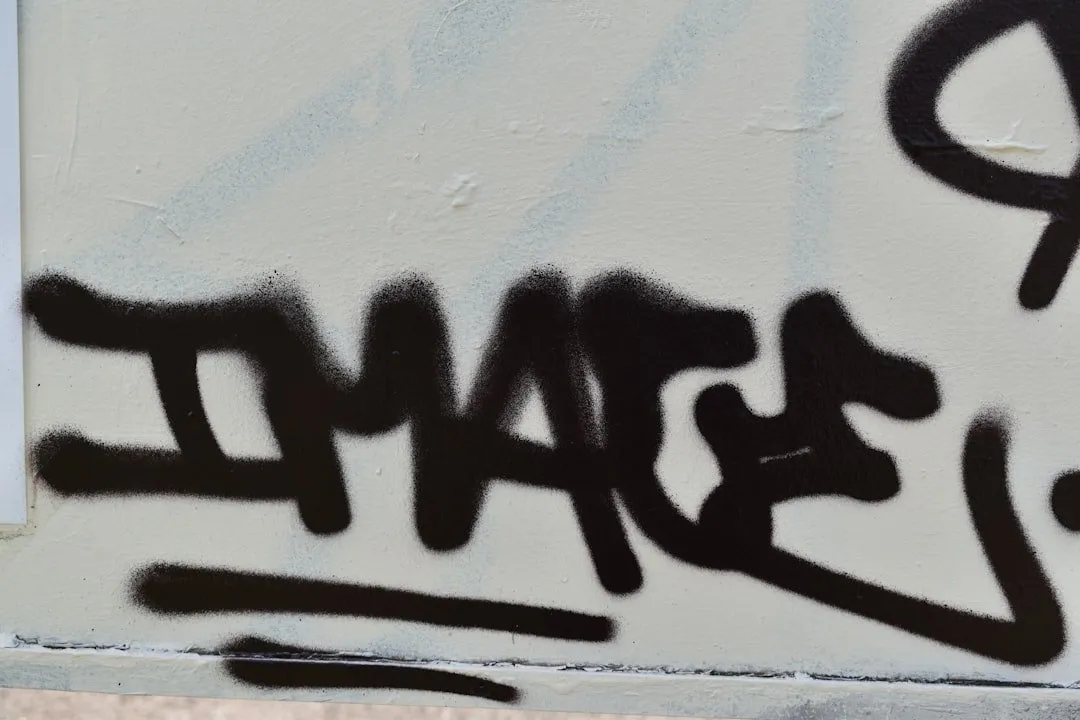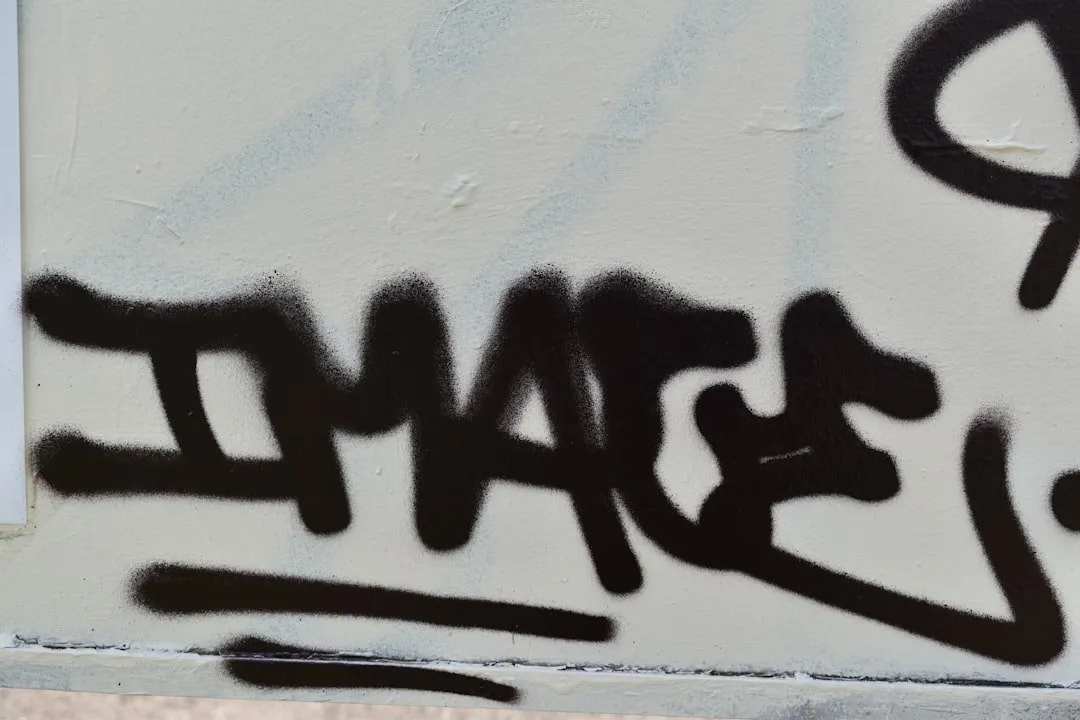Kratom for Heart Health: Legality and Natural Alternatives in Louisiana
Kratom (Mitragyna speciosa) is a tropical plant used for traditional medicine, gaining attention for…….
In the complex world of substance regulation, the status of kratom—a natural opioid derived from the Mitragyna speciosa plant—has sparked intense debate. This article delves into the intricate question: Is kratom illegal in Louisiana? By exploring its legal status, global impact, economic considerations, technological advancements, policy landscape, challenges, and future prospects, we aim to provide an authoritative guide to understanding this controversial topic. Louisiana’s stance on kratom holds significant implications for both residents and visitors, influencing access, safety, and the overall well-being of the state’s population.
Kratom, scientifically known as Mitragyna speciosa (or often referred to as ‘Kratom Tree’), is a plant native to Southeast Asia, including regions like Thailand, Malaysia, and Indonesia. Its leaves have been traditionally used for their stimulant and opioid effects, offering a range of medical and recreational applications. The plant contains various compounds, notably mitragynine and 7-hydroxymitragynine, which are responsible for its pharmacological properties.
The use of kratom has deep historical roots in Southeast Asian cultures, where it has been employed for centuries as a traditional medicine. It gained popularity for treating pain, fatigue, and anxiety. However, with growing global awareness of its effects, regulatory concerns emerged. The United Nations’ International Narcotics Control Board (INCB) classified kratom as a controlled substance due to its opioid content in the 1970s. This classification set the stage for varying legal interpretations worldwide.
In Louisiana, the legal status of kratom is complex and has evolved over time. As of now, selling and distributing kratom for recreational use is illegal across the state. However, it can be obtained legally for medical purposes under strict regulations. This dual nature highlights the ongoing debate surrounding kratom’s potential benefits and risks.
The global impact of kratom’s legality varies widely. Several countries have embraced its medicinal properties and allowed for controlled distribution, while others maintain stringent restrictions. For instance, Germany recognized kratom as a medicine in 2012, permitting prescription-based access. In contrast, Australia and New Zealand have classified it as a Schedule 4 substance, indicating high potential for abuse.
The global kratom market has experienced significant growth, driven by rising demand for natural remedies and alternative pain management options. According to a 2022 report, the market size was valued at USD 4.5 billion in 2021 and is projected to grow at a CAGR of 7.8% from 2022 to 2030. This growth presents both opportunities and challenges for Louisiana’s economy if regulated appropriately.
Kratom’s economic impact extends beyond the primary market. Related industries, such as agriculture, logistics, and healthcare, can benefit from its legal status. For instance, Louisiana’s farmers could explore growing kratom as a cash crop, fostering rural development. However, substantial investment requires clarity in regulations to ensure stability.
Technological advancements have played a pivotal role in shaping our understanding of kratom. Scientific research has focused on:
Louisiana’s approach to regulating kratom has been characterized by caution. The state’s Uniform Controlled Substances Act (UCSA) prohibits the sale and distribution of kratom without a valid prescription from a licensed healthcare provider. However, this law lacks specific criteria for medical use, leaving little room for controlled access.
To obtain kratom for medical purposes in Louisiana, patients must:
One of the primary challenges surrounding kratom is ensuring product safety. The lack of standardized regulations and quality control measures can lead to inconsistent potency, contamination, and potential adverse effects. In Louisiana, where recreational use is illegal, the focus should be on rigorous testing and oversight to protect public health.
Kratom’s opioid content raises concerns about misuse, addiction, and overdose risks. While it may offer certain medical benefits, the potential for abuse cannot be overlooked. Balancing access with responsible use remains a critical challenge in crafting effective policies.
Louisiana has an opportunity to reevaluate its kratom regulations, considering the following:
Informing the public about kratom’s potential benefits, risks, and responsible use is essential. Educational initiatives can empower individuals to make informed decisions while promoting safe practices.
Given the global nature of kratom trade, Louisiana—and the United States as a whole—should engage in international discussions to harmonize regulations, ensure product safety, and facilitate legal commerce.
The question of is kratom illegal in Louisiana? transcends mere legality; it touches upon public health, medical access, and economic opportunities. As the global kratom landscape evolves, Louisiana has a crucial role in shaping a balanced approach that respects traditional uses while addressing safety concerns. By learning from international experiences, adopting innovative technologies, and implementing thoughtful policy reforms, Louisiana can establish a comprehensive framework for managing kratom’s unique challenges.

Kratom (Mitragyna speciosa) is a tropical plant used for traditional medicine, gaining attention for…….

Purple Vein Kratom capsules offer natural pain relief and relaxation without sedatives. They contain…….

In Louisiana, while kratom is generally legal statewide, local regulations vary widely, with some ar…….

Kratom, a natural herb from Mitragyna speciosa, is explored for athletic performance enhancement des…….

White Vein Kratom Powder, native to Southeast Asia, is available in Louisiana where kratom remains l…….

Green Vein Kratom Extract, derived from specific Mitragyna speciosa strains, offers unique therapeut…….

Sports nutrition is a strategic field focusing on diet and supplementation to enhance athletic perfo…….

In Louisiana, while the legality of Kratom is debated, it offers hope as an alternative treatment fo…….

Muscle soreness after exercise is caused by microscopic tears in muscle fibers, peaking 24-72 hours…….

Muscle soreness, particularly delayed onset muscle soreness (DOMS), is a post-exercise phenomenon ca…….

Endurance training improves cardiovascular health and stamina, but incorporating kratom supplements…….

Super Green Malay Kratom Powder, a globally popular strain with unique effects and chemical profile,…….

Maeng Da Kratom Powder (MDK), a potent Thai strain, is legally available in most US states but faces…….

Kratom (Mitragyna speciosa), used traditionally for medicinal benefits, shows promise for cardiovasc…….

Black Maeng Da Kratom Powder, known for its strong effects and dark color from the Mitragyna specios…….

Kratom, a natural extract from Mitragyna speciosa, has gained popularity among athletes as a perform…….

Joint pain sufferers in Louisiana are exploring kratom as an alternative treatment due to its potent…….

In Louisiana, Kratom remains illegal due to health and safety concerns, with strict regulations proh…….

Kratom, an alternative treatment for opioid use disorder, is legally complex in Louisiana due to var…….

Sports nutrition is vital for optimal physical performance, focusing on strategic diet and exercise…….

White Vein Kratom Powder, known for its unique effects and regional cultivation, faces varying legal…….

Vietnam Kratom leaves are globally popular for their high quality and potency, driven by ideal growi…….

In Louisiana, Purple Vein Kratom capsules offer a popular and legal strain with a unique purple colo…….

Maeng Da Kratom Powder (MDK), a potent strain, is legal in Louisiana but subject to restrictions. St…….

Muscle soreness (DOMS) affects athletes 24-72 hours after exercise due to microscopic tears in muscl…….

Physical conditioning enhances overall health and athletic performance, making it crucial for athlet…….

Kratom, a tropical tree with energy-boosting properties, faces uncertain legality in Louisiana due t…….

Kratom, a plant from Southeast Asia, offers pain relief and potential cardiovascular benefits due to…….

Chronic pain, affecting millions globally, often arises from conditions like arthritis and fibromyal…….

Opioid withdrawal symptoms can be severe, but Kratom, a natural herb from Mitragyna speciosa, has ga…….

Chronic pain, affecting millions globally, often lacks effective management due to limited tradition…….

Sports nutrition plays a vital role in achieving peak athletic performance, focusing on diet, hydrat…….

Vietnam Kratom leaves are globally recognized for their unique properties and varieties, with favora…….

Kratom, a Southeast Asian tree with potential therapeutic benefits, is regulated and generally consi…….

Kratom (Mitragyna speciosa), native to Southeast Asia, has therapeutic potential for cardiovascular…….

Bali Kratom capsules provide a convenient way to consume kratom, a natural pain and anxiety reliever…….

White Vein Kratom Powder, legal in Louisiana, offers wellness benefits like pain relief and mood enh…….

Malaysian Kratom Buds, known for their strong effects and unique aroma, are derived from the Mitragy…….

Athletic recovery is key to maintaining peak performance, and while traditional methods exist, natur…….

Chronic pain affects millions of Americans, prompting some in Louisiana to seek alternative solution…….